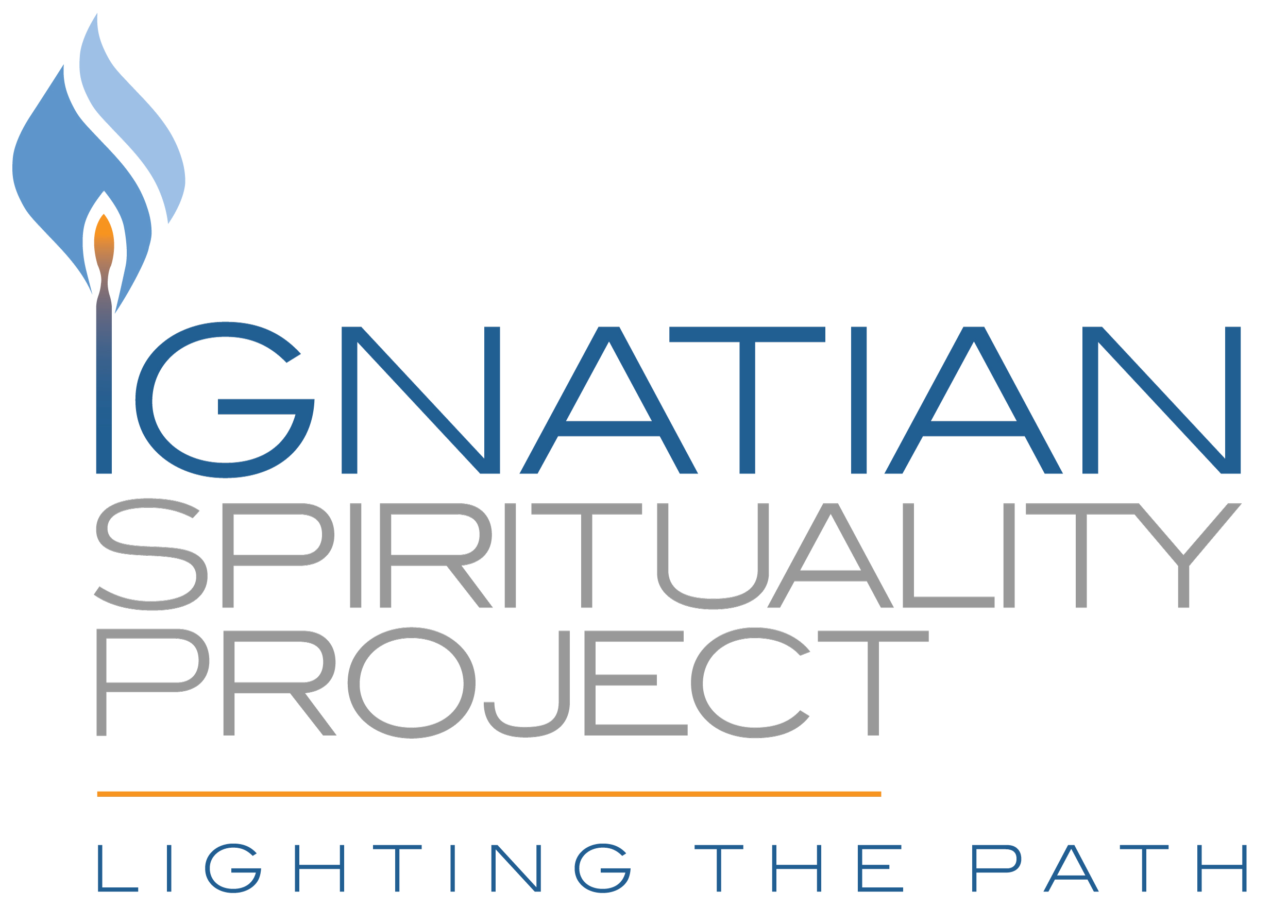by Vinita Hampton Wright
Step 1: We admitted we were powerless—that our lives had become unmanageable.
We live in a culture that idolizes power. All around us is a power game, whether in politics or our block of the neighborhood. We see people grabbing for power, trying to stay in a position of power. We hope that others don’t use their power against us.
But powerlessness finds us anyway. Divorce blows apart my family, and I can’t do anything to stop it. A traffic accident takes away my power of health and mobility. People in upper management make decisions that affect me—decisions I have no power to change. A pandemic sweeps through my city and does whatever damage it will do. I can be doing all the right things, but I don’t really control my life or all the things that might happen to it.
Ignatius of Loyola was a soldier doing his job when a cannonball ripped through his legs and took away his power. He spent months recovering, confined to bed. During that long, painful period, he thought about his limited career choices—no more soldiering for him—but he also took a deeper look at his life and saw that, even without the cannonball, there were parts of his life he didn’t like but could not change. Things about himself—his inner life, the heart of him—that needed help as much as his broken body did. His physical powerlessness revealed to him his spiritual powerlessness to transform his own life.
We are tempted to focus on outside circumstances that make us feel powerless. But each circumstance invites us to look inward. Does a good job or a stable home really give me power over my anger or my deep wounds? Does a “bright future” give me the spiritual freedom to love others, or does success just help me cover up the chaos I have inside?
A point of powerlessness is an opportunity to reflect. It’s also a good time to imagine what a truly fulfilled life might look like.

0 Comments